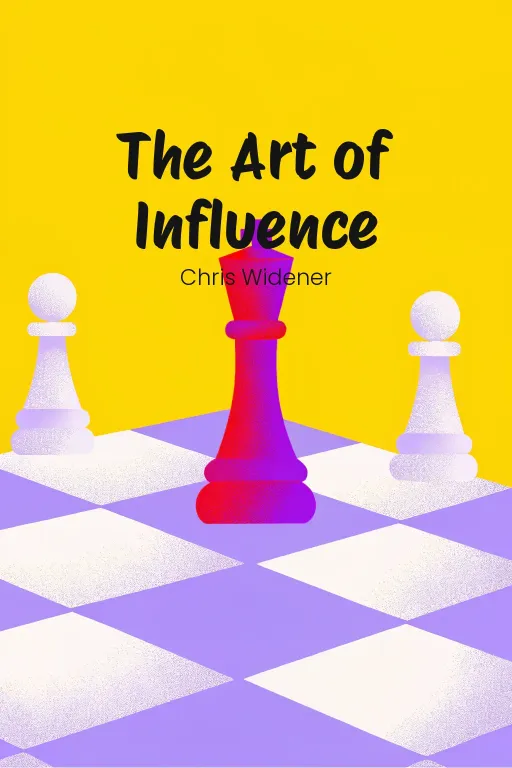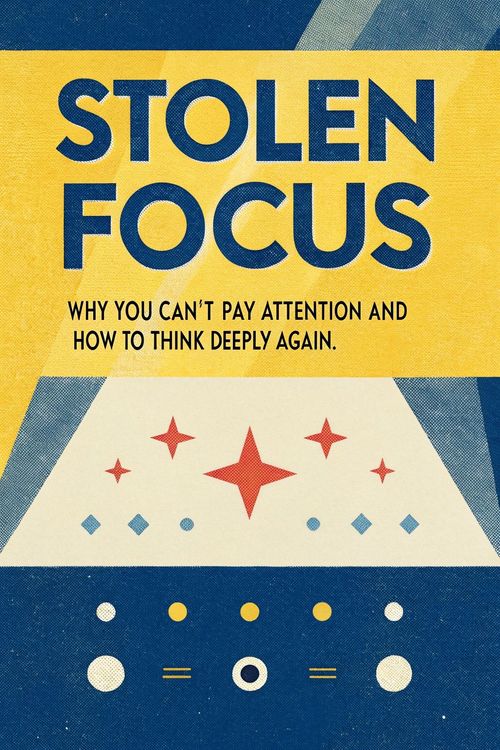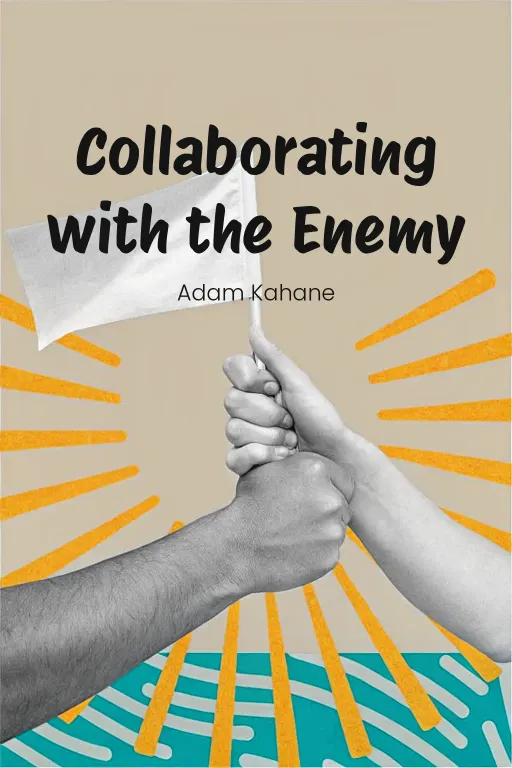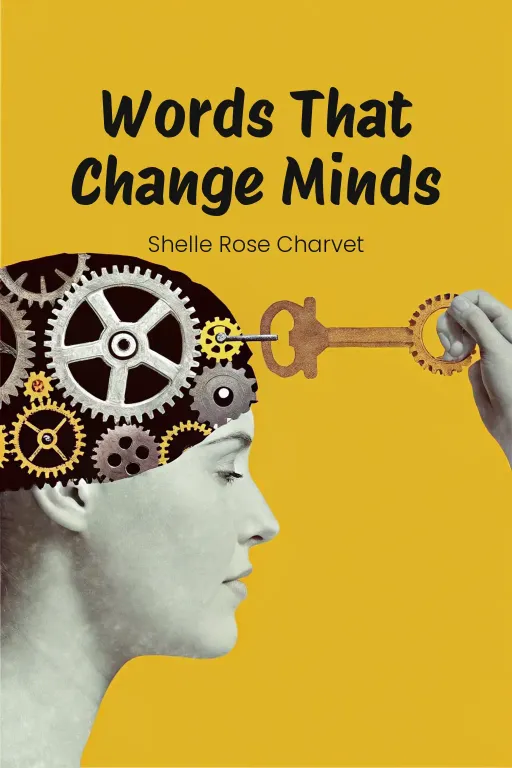
Win-Win: Master the Art of Negotiation
Podcast by MBA in 5 with Roger
Expert Tactics To Get What You Want
Win-Win: Master the Art of Negotiation
Roger: Do you ever walk away from a negotiation feeling outmaneuvered, like you left value on the table? Whether closing a deal or just dividing resources, that frustration is something busy professionals can't afford. How can you consistently secure better outcomes without resorting to aggressive tactics? Roger: Today we're hacking "Negotiation Hacks" by Simon Rycraft. The core idea? Effective negotiation isn't brute force; it's a sophisticated blend of strategic preparation and sharp psychological insight. Think of it less like a battle and more like navigating complex terrain – you need a detailed map before you start, but also the skill to read the landscape and weather conditions in real-time. The one thing to grasp is this: success hinges on meticulous planning combined with the crucial ability to understand and adapt to the human element. It’s this fusion of art and science that transforms good negotiators into great ones. Roger: So, how do we apply this? Lesson one centers on the absolute necessity of a Strategic Game Plan. Rycraft stresses that negotiation starts long before you meet. Define your ideal outcome and your absolute walk-away point – your non-negotiables. This creates your strategic boundaries. Part of this plan involves anchoring: strategically making the first reasonable offer to frame the discussion favorably. Crucially, always have a Plan B, your Best Alternative To a Negotiated Agreement. Knowing your alternatives gives you confidence and leverage; without one, you're easily pressured. Roger: Building on that solid foundation, the next key insight involves looking Behind the Mask. You're dealing with a person, not just a position. Do your homework – use available resources to understand their context, pressures, and priorities. But research only goes so far. During the conversation, practice empathy. Ask open-ended questions like "What does success look like for you here?" and actively listen to uncover their underlying interests, not just their stated demands. Understanding their 'why' often reveals creative solutions and trade-offs. Roger: This naturally leads to mastering the Art of Communication. Your words matter, but so does how you deliver them. Non-verbal cues – posture, eye contact, tone – speak volumes about your confidence and trustworthiness. Rycraft brings in Aristotle’s timeless principles: Ethos (your credibility, built through preparation and integrity), Pathos (connecting emotionally, finding common ground), and Logos (using clear data and reasoning). When discussing project scope, use data (Logos), acknowledge their needs (Pathos), and rely on your established trust (Ethos) to guide the conversation toward a mutually beneficial outcome. Roger: Why is "Negotiation Hacks" essential? Because it provides a practical, actionable toolkit blending strategy with psychology, applicable everywhere from the boardroom to daily team interactions. It elevates your approach beyond simple tactics to build genuine negotiation capability and achieve better results while preserving relationships. Roger: Here’s your immediate action step: Before your very next negotiation, even a small internal one, take just five minutes. Write down your ideal outcome, your firm walk-away point, and one key question designed to uncover the other person's underlying needs. Roger: That’s your MBA in 5 for this week. I’m Roger. Apply these insights, prepare effectively, and negotiate with confidence. Until next time.









